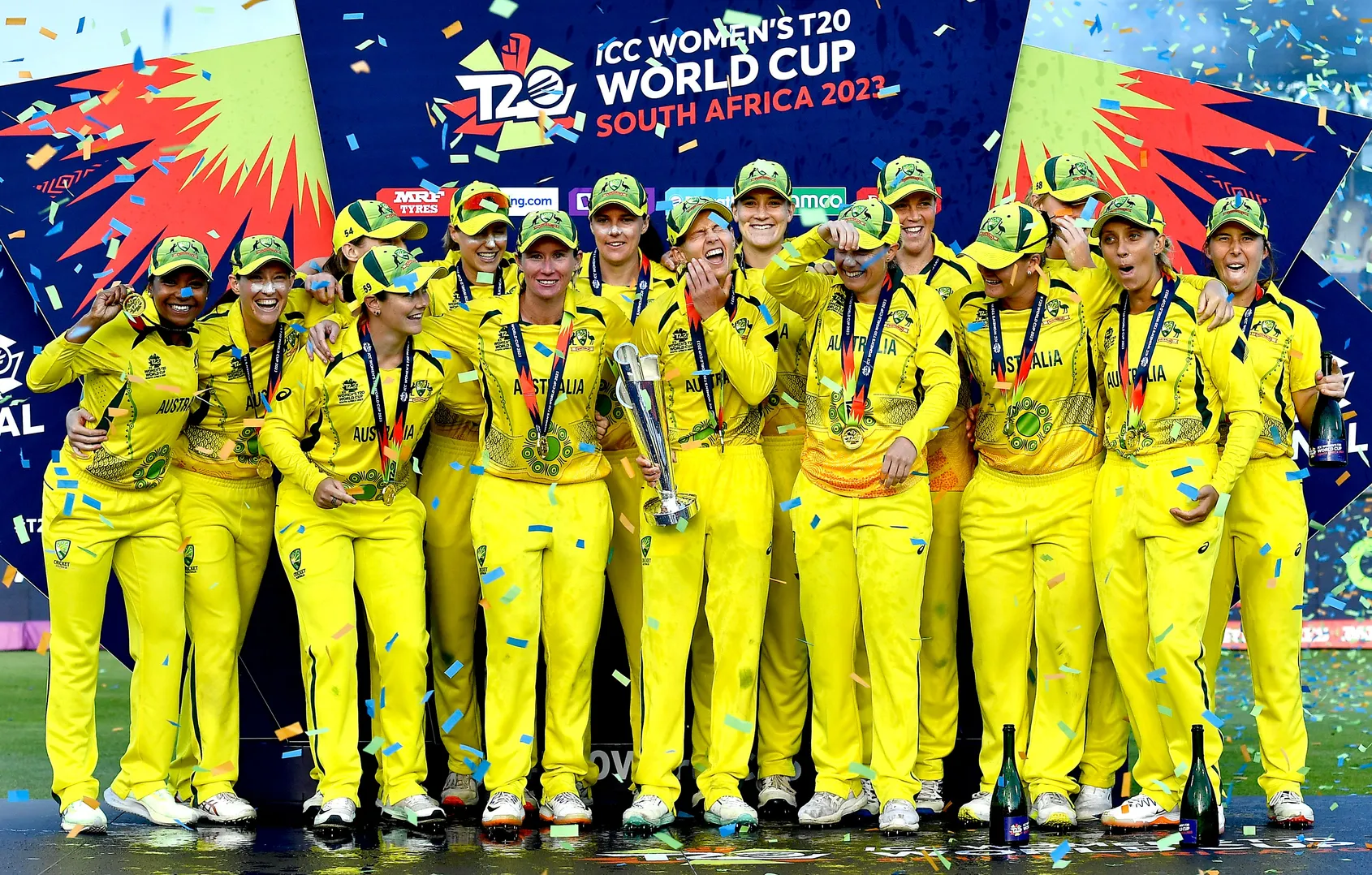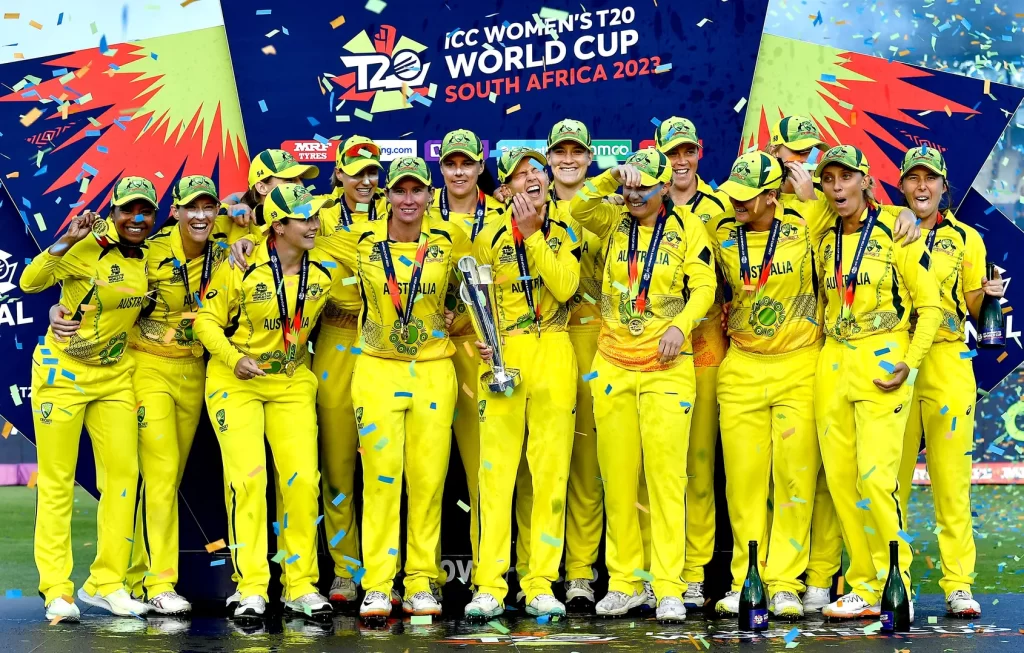
The International Cricket Council (ICC) has made a groundbreaking announcement, declaring that men’s and women’s teams would receive equal prize money at ICC events. This significant decision was reached during the ICC’s Annual Conference in Durban, South Africa, bringing forward the anticipated timeline for achieving prize-money parity by 2030.
Greg Barclay, the ICC Chairman, expressed his delight, stating, “This is a significant moment in the history of our sport, and I am delighted that men’s and women’s cricketers competing at ICC global events will now be rewarded equally.” He further emphasized the ICC’s commitment to bridging the prize-money gap, with the aim of awarding the same amount to the winners of the ICC Women’s Cricket World Cup and other prestigious tournaments.
Previously, the prize money for women’s events had been steadily increasing since 2017, but this recent decision ensures that winning the ICC Women’s Cricket World Cup, ICC Men’s Cricket World Cup, ICC Women’s T20 World Cup, ICC Men’s T20 World Cup, and ICC U19 Cricket World Cup would carry the same monetary reward. This move promotes inclusivity and highlights the equal contributions of all players to the game of cricket.
In addition to the parity in prize money, the ICC also announced a substantial increase in funding for each member nation. This boost in financial support was made possible by the success of the ICC’s media rights and commercial program for the upcoming four-year cycle. The funding will be distributed to all members based on their contributions to the global game on and off the field, enabling them to invest in growth initiatives and engage more players and fans.
To further promote sustainable revenue streams and game development, the ICC extended its support to member nations. Going forward, new events will require a minimum of seven local players or Associate Member players, with the organizing member also obligated to pay a solidarity fee to the Home Board of a player.
The ICC also addressed over-rate sanctions in Test cricket, introducing modifications to strike a balance between maintaining over-rates and ensuring fair remuneration for players. Under the revised regulations, players will be fined 5% of their match fee for every over that falls short, up to a maximum penalty of 50%. Notably, if a team is bowled out before reaching the 80-over mark and the new ball is not yet due, no over-rate penalty will be imposed.
Sourav Ganguly, Chairman of the ICC Men’s Cricket Committee, explained the rationale behind these changes, stating, “The ICC World Test Championship has injected renewed energy into Test cricket, giving it compelling context. We want to ensure that the trend of fewer draws continues while providing fans with the best value for money and maintaining over-rates. The Men’s Cricket Committee believes that over-rate penalties in the form of WTC points deductions should remain but recommends that players should not have 100% of their match fee at risk, striking a balance between maintaining over-rates and encouraging players to participate in Test cricket.”
These developments signify a monumental step forward for women’s cricket and underscores the ICC’s commitment to fairness and growth in the sport.




